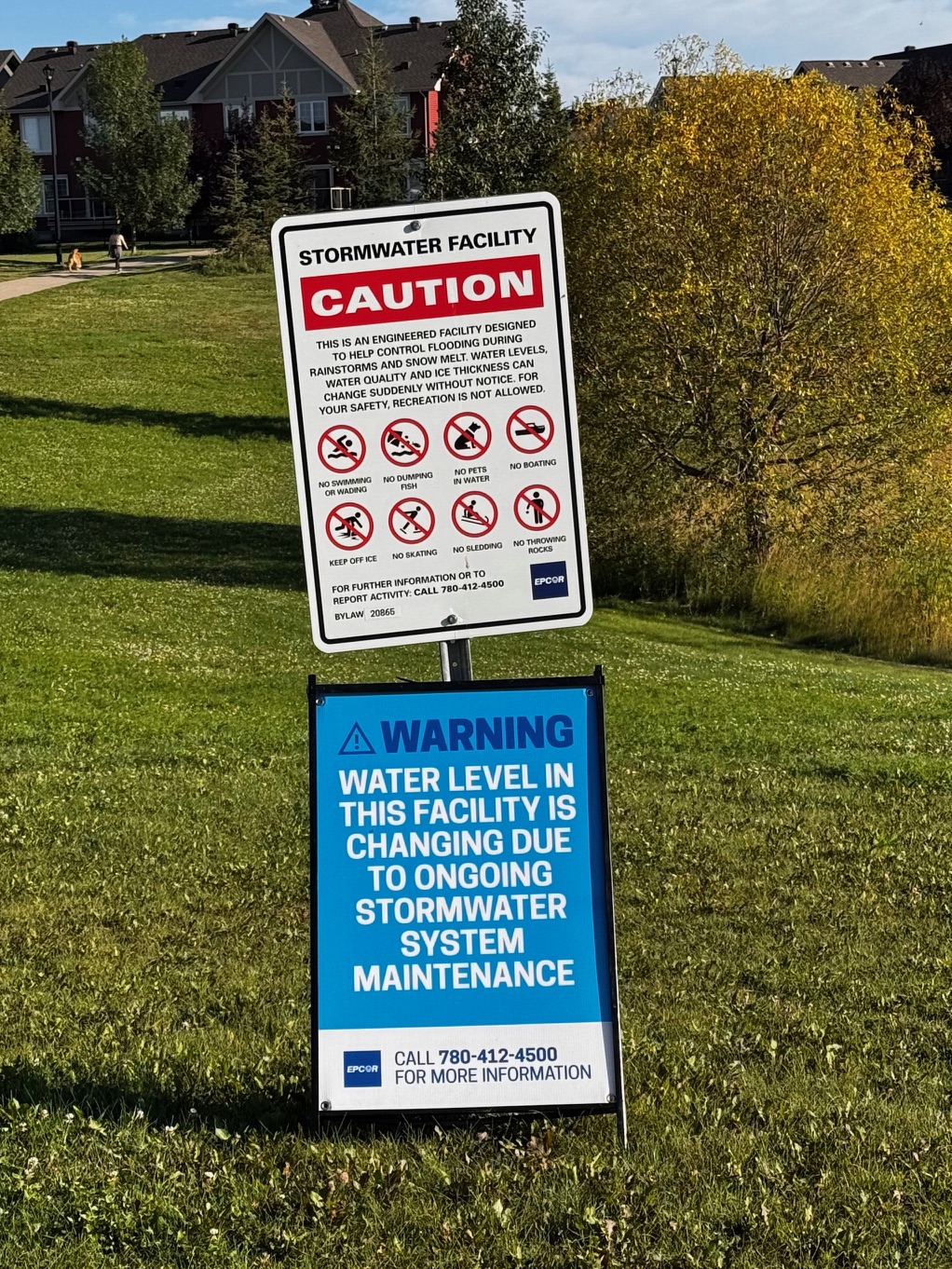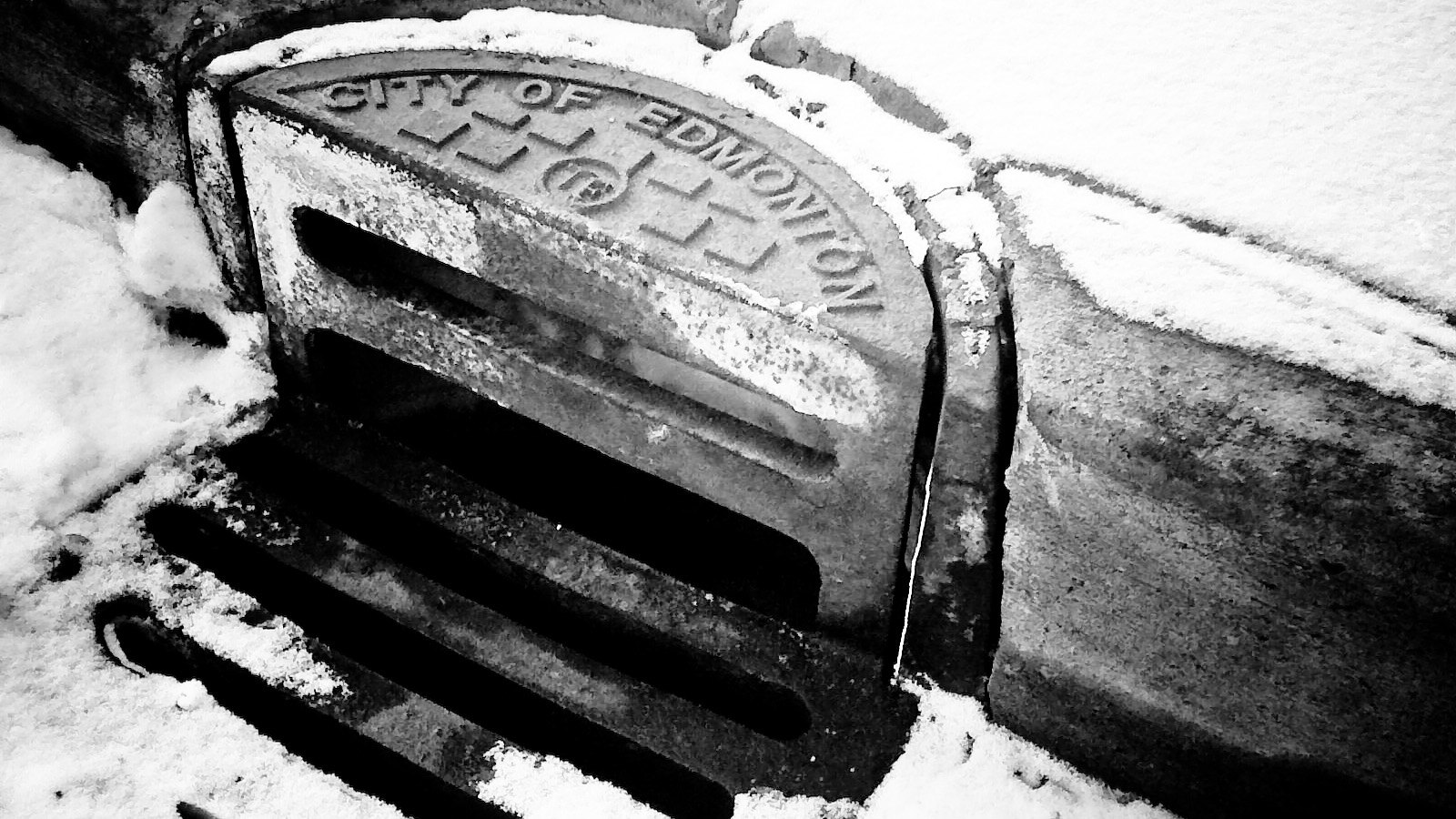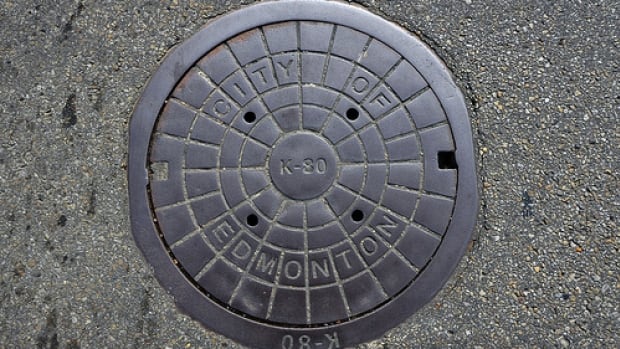Stormwater management is a crucial aspect of urban development. As town and cities continue to grow, the amount of impermeable surfaces increases, leading to more stormwater runoff. This runoff can cause flooding, erosion, and water pollution. Here we will explore effective stormwater management strategies and how you can potentially save money on your non-residential EPCOR stormwater drainage fees.
Green Infrastructure
Green infrastructure refers to the utilization and implementation of natural systems, which primarily include vegetation and soil, in order to effectively manage the flow and impact of stormwater. This approach encompasses a range of techniques, including but not limited to rain gardens, bioswales, and green roofs, all of which collectively work towards the goal of absorbing and filtering stormwater. By doing so, the amount of runoff and pollutants that find their way into our waterways are significantly reduced, consequently leading to a cleaner, more sustainable environment. Green infrastructure also actively contributes towards suitable habitats for wildlife and, in tandem, also enhances air quality, presenting an ecosystem-friendly solution to managing stormwater effectively.
Permeable Pavement
Permeable pavement is a type of pavement that allows water to pass through it, rather than running off. This can include materials such as pervious concrete, gravel, porous asphalt, and permeable pavers. By allowing water to infiltrate into the ground, permeable pavement reduces the amount of runoff and helps to recharge groundwater. It also helps to filter pollutants and can reduce the need for traditional stormwater infrastructure, such as storm drains.

Stormwater Pond in Edmonton, Alberta
Rainwater Harvesting
Rainwater harvesting involves collecting and storing rainwater for later use. This can be done through techniques such as rain barrels, cisterns, and rain gardens. By capturing and storing rainwater, less water is sent into storm drains, reducing the risk of flooding and erosion. It also provides a sustainable source of water for irrigation and other non-potable uses.
Maintenance and Monitoring
Proper maintenance and monitoring of stormwater management systems is essential for their effectiveness. This includes regular inspections, cleaning, and repairs. It is also important to monitor the performance of these systems to ensure they are functioning as intended. By regularly maintaining and monitoring stormwater management systems, they can continue to effectively manage stormwater and prevent potential issues. Often the freeze thaw cycles we have been experiencing during Alberta winters wreaks havoc on our stormwater management systems. Ice will dam up and stop the flow of water drainage into a manhole. A call to 311 (City of Edmonton) will resolve this issue promptly to prevent any homes from flooding.

Collaboration and Planning
Effective stormwater management requires collaboration and planning between various stakeholders, including local government, developers, civil engineers and community members. By working together, these groups can develop comprehensive stormwater management plans that consider the needs of all the parties involved. This can lead to more successful and sustainable stormwater drainage strategies.
EPCOR Stormwater Utility Credit
For non-residential customers located in the city of Edmonton, your stormwater drainage fee could be reduced significantly (up to 80%) if you meet some of the criteria outlined by Epcor.
Epcor has outlined some requirements for non-residential properties:
- A large non-residential property that has large chunks of land that is undeveloped
- Non-residential properties that have implemented some water storage techniques (i.e. dry ponds, wet ponds, catch basins, gravel driveways, green roofs, etc.)
Our civil engineering team has found that churches and graveyards are common Epcor customers eligible for a stormwater utility credit. Other common eligible customers would include commercial properties with large gravel storage yards. A non-residential customer can apply for an Epcor Stormwater Utility credit along with an engineering stormwater drainage report. The engineering report will need to demonstrate that your property uses significantly less of the drainage infrastructure compared to similar properties in the same zone. If you are unclear on the process or your eligibility, please contact our civil engineering team to discuss further. We will take a look at your eligibility before we start the process to ensure you are not wasting time or money.

Non-Residential EPCOR Stormwater Drainage Utility Bill
The Path Forward
By implementing these stormwater management strategies, communities and business owners can effectively manage stormwater, save money on non-residential drainage fees, and reduce the negative impacts of urban development. Doing this, we can work towards a more sustainable future for our cities and waterways. At Bolson Engineering and Environmental Services, we possess a wealth of expertise and experience in the field of stormwater management and drainage assessments. With our team of highly skilled professionals, we are well-equipped to guide you through every stage of the stormwater management and drainage process, from initial planning to construction and beyond. We invite you to connect with Bolson Engineering and Environmental Services. Together, we can turn your vision into reality. Don't miss out on the incredible potential - take the first step towards success by reaching out to us today.

